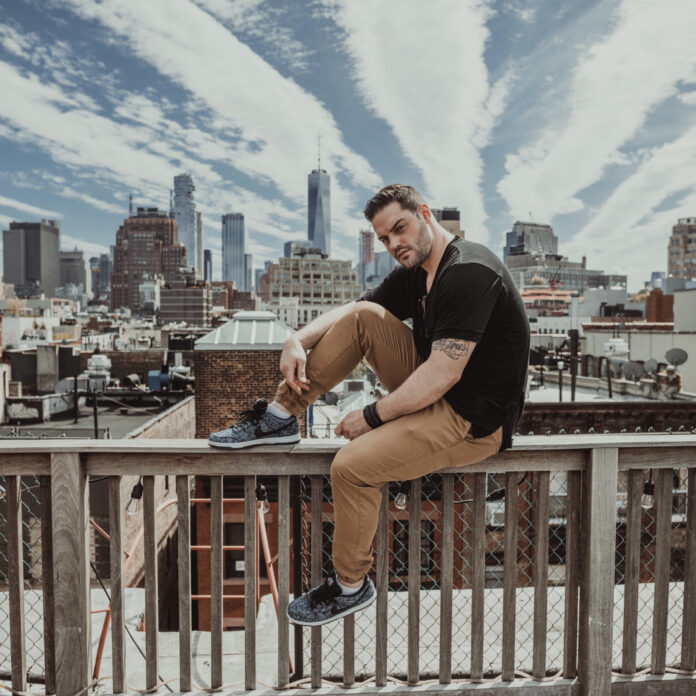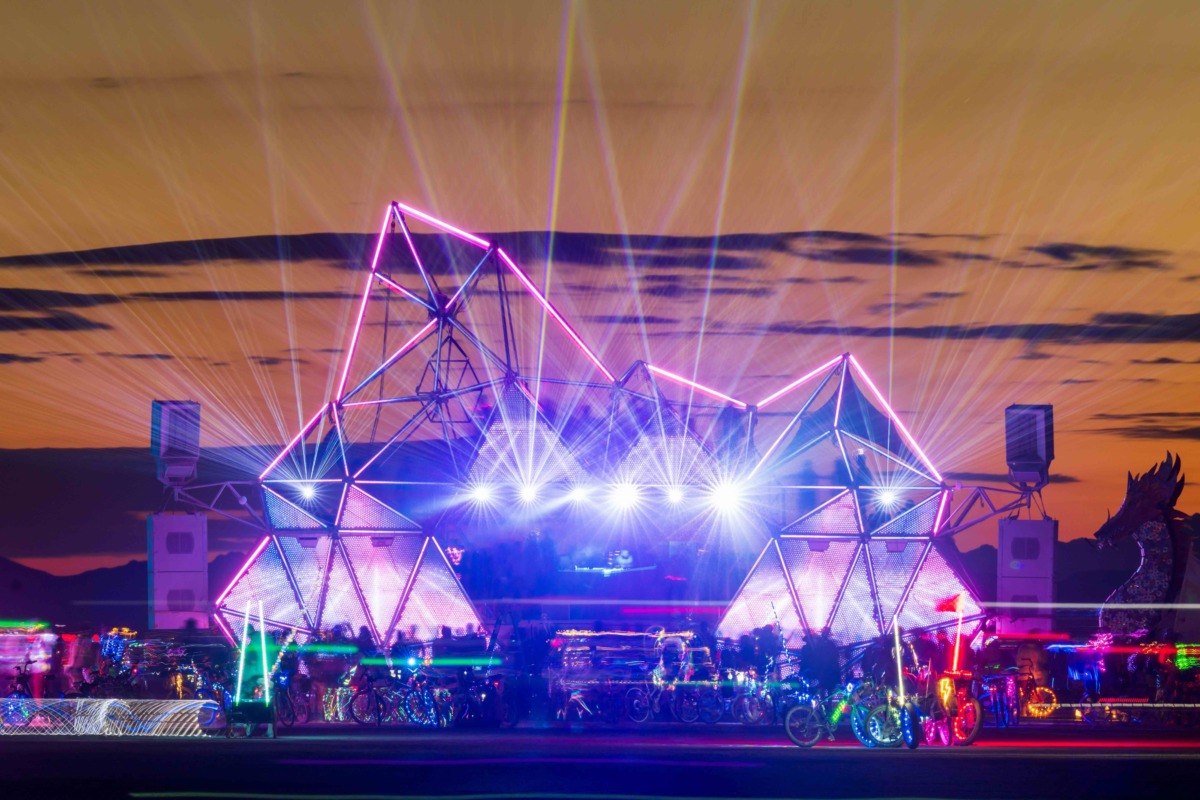The internet has come a long way since the early days of Netscape Navigator, dial-up and internet forums. It is now a place where information is available in a matter of seconds, films and television shows can be streamed online, and people around the globe are able to connect and form relationships in ways never achieved in the past. In a decade defined by social media, online gaming and digital content creation, there’s no question the internet has profoundly changed the way we experience life for better or worse. This is the very playground the light novel If The RPG World Had Social Media explores.
Written by Yusuke Nitta with illustrations by Yukinatsu Amekaze and character designs by LOL, If the RPG World Had Social Media takes place in a world much like an online RPG. It follows a 16-year-old hikikomori known only as "the Hero," who reluctantly accepts a mission from a king to save his daughter, the Princess, from the widely feared Demon Lord. Along the way, he meets the Demon Lord herself via text message and strikes up an unexpected friendship with her despite his mission. Along the way, he makes four unexpected allies as he continues on his journey.
Right off the bat, If the RPG World Had Social Media is a story about internet culture, but it’s also much more than that. While the story references common occurrences that happen in online communities, it also uses humor to explore the benefits and drawbacks of internet-based interaction. This theme is mainly explored with the protagonist, the Hero.
When we first meet the Hero in the story, he has all of the symptoms of a hikikomori, a reclusive person who has withdrawn from society. Originally coined in 1998 by Japanese psychologist, Tamaki Saito, hikikomori symptoms include locking themselves in their bedrooms (usually within their parents’ homes) for six months or more. Hikikomori also tend to avoid all in-person contact (including with friends and family members) and spend excessive amounts of time on the internet. In addition to doing all these things, the Hero also suffers from extreme social anxiety, poor communication skills and severe physical impairments brought on by 16 years of isolation and inactivity.
While the Hero’s symptoms are depicted as far from desirable by Nitta, Amekaze and LOL, it isn’t the hikikomori lifestyle they criticize. Instead, they criticize technology engineers like Robert Kahn and Vinton Cerf, who revolutionized the internet as we know it without thinking about how it could impact future communication between people. They especially criticize social media entrepreneurs like Twitter's Jack Dorsey and Facebook's Mark Zuckerberg who created their platforms with no thought to how they could encourage addictive behavior, sedentary lifestyles and especially a culture of isolation, ideas explored with the character of Markie Goldberg.
In the same way Nitta, Amekaze and LOL explore the negative impact of internet culture, they also present a flip-side argument: it can also help hikikomori connect with people they wouldn’t otherwise meet. This could not only lead to the development of a support system but could also effectively encourage reintegration into society. This idea is especially important to the Hero’s character development.
Despite the Hero starting out not wanting to leave the comfort of his own bedroom, preferring to entertain his internet addiction, this changes the moment he meets the Demon Lord via text message. The moment he learns of her own feelings of isolation, he starts to take interest in her in ways he hadn’t experienced before. When he especially meets the Demon Lord’s four Demon Generals -- Mako, Nicoletta, Pino and Oniko -- in person, they become crucial to improving his social skills by exposing him to different personality types. While the Hero consistently faces challenges for even the most basic things throughout his journey, he starts to gradually overcome many of them.
Artwork in If The RPG World Had Social Media is sparse, being mostly comprised of screen captures of conversations between characters. Occasionally, there will be pictures of the main characters as they’re gradually introduced in the text messages, but for the most part, their appearances are limited to their avatars. While this is unconventional even by light novel standards, the approach nonetheless helps immerse readers into the mind of the Hero and experience his world the same way he does: via text, rather than in person.
On the whole, If The RPG World Had Social Media offers an entertaining insight into internet culture and its impact on hikikomori. In addition to criticizing some of internet culture’s more harmful consequences, it equally argues in favor of it as a means of helping hikikomori overcome some of their anxieties and social impairments.
If The RPG World Had Social Media is now available from Yen Press.
About The Author

